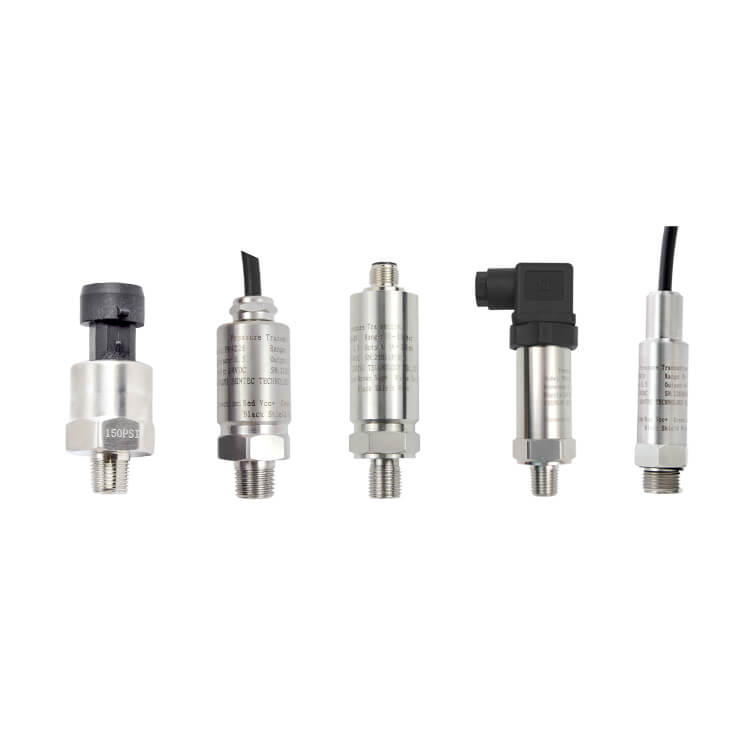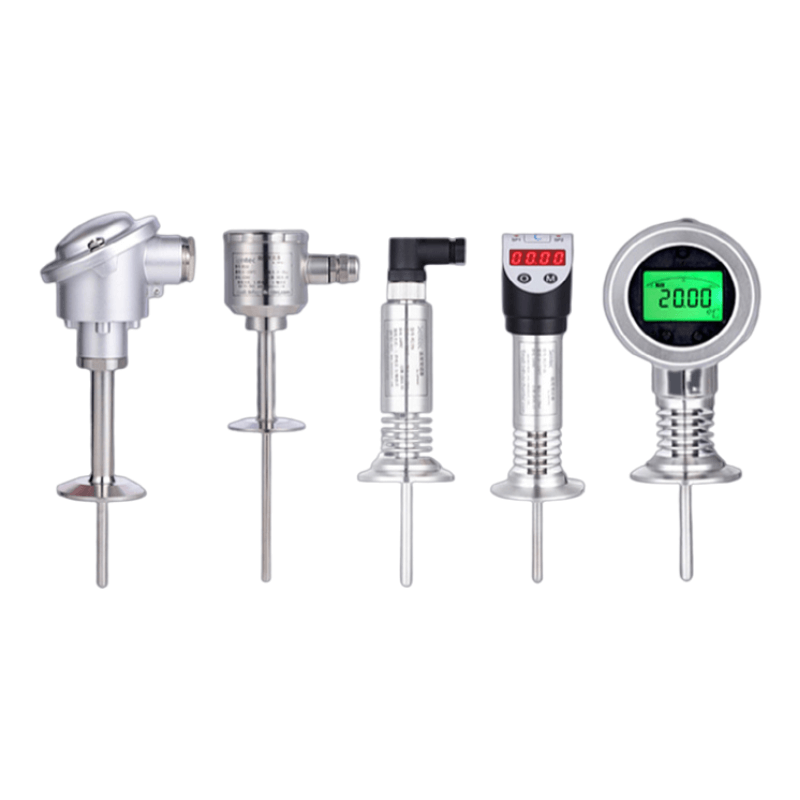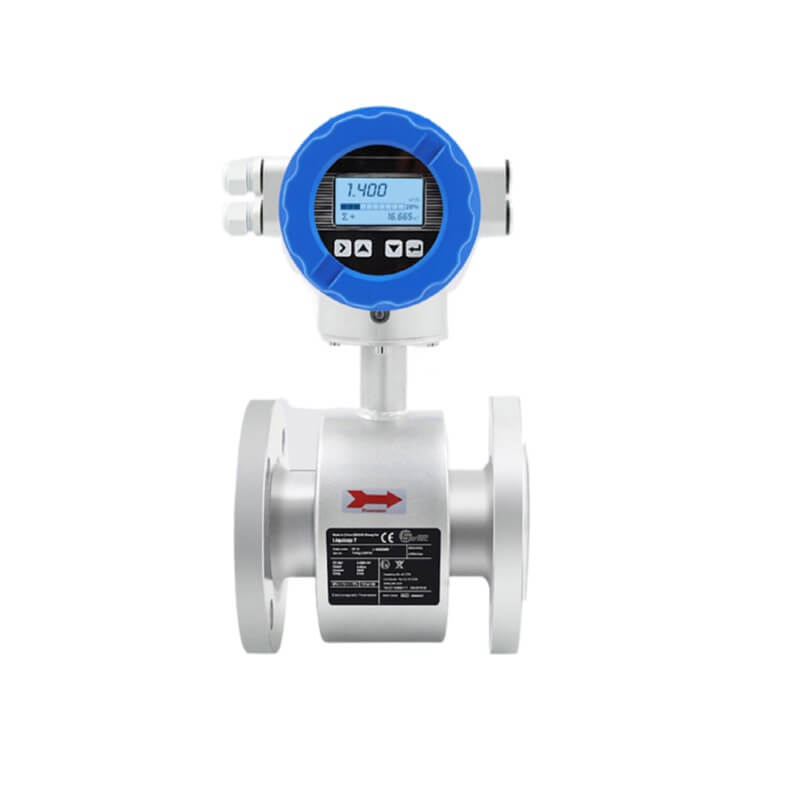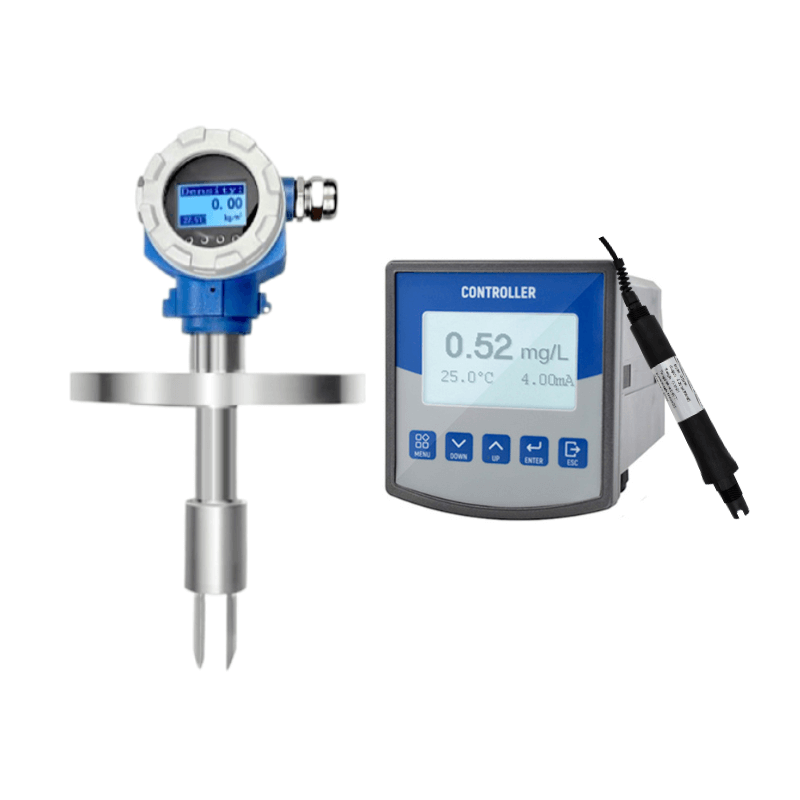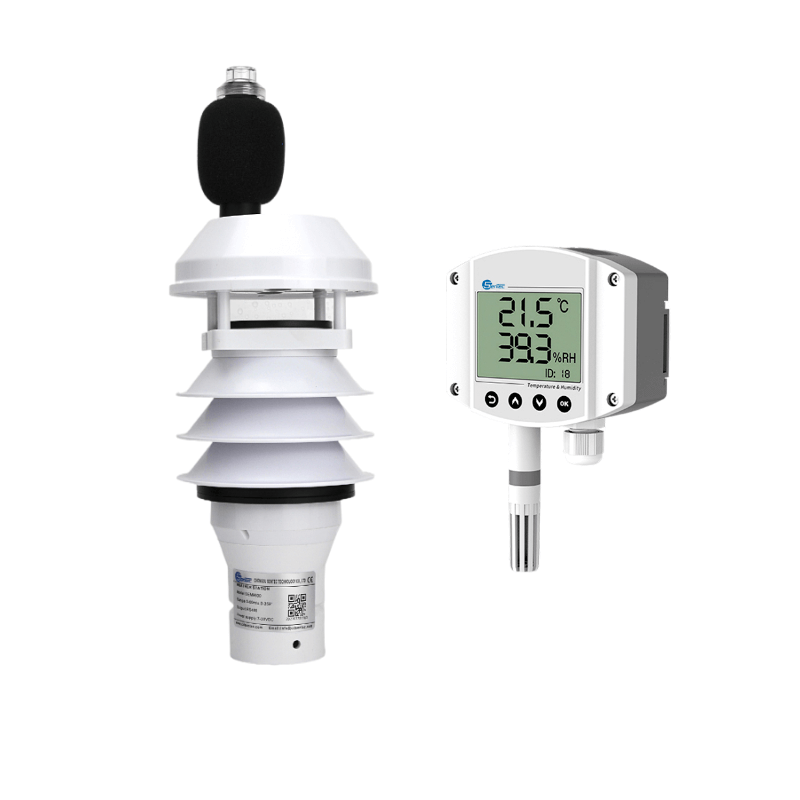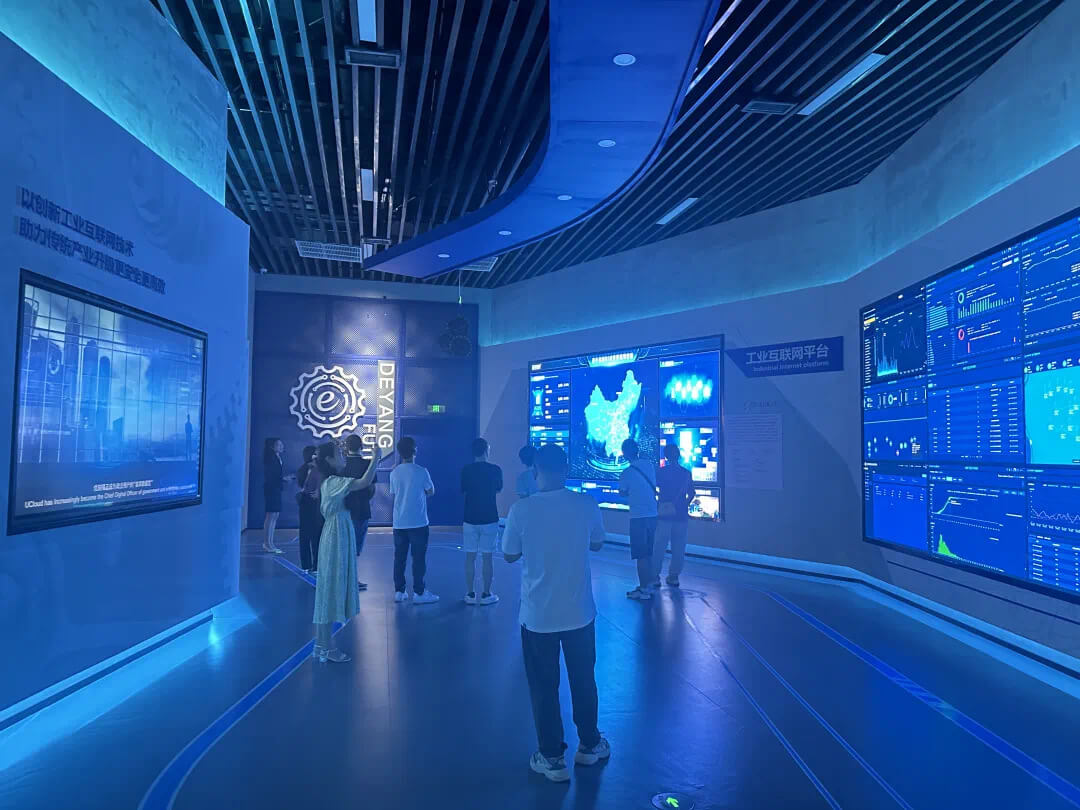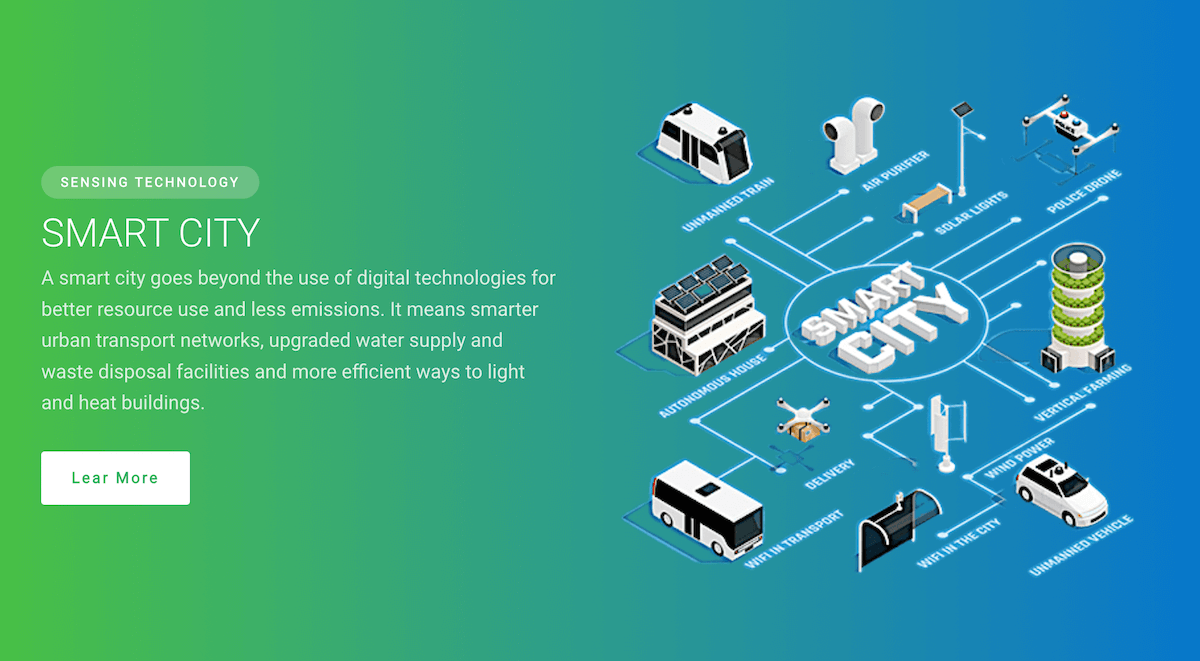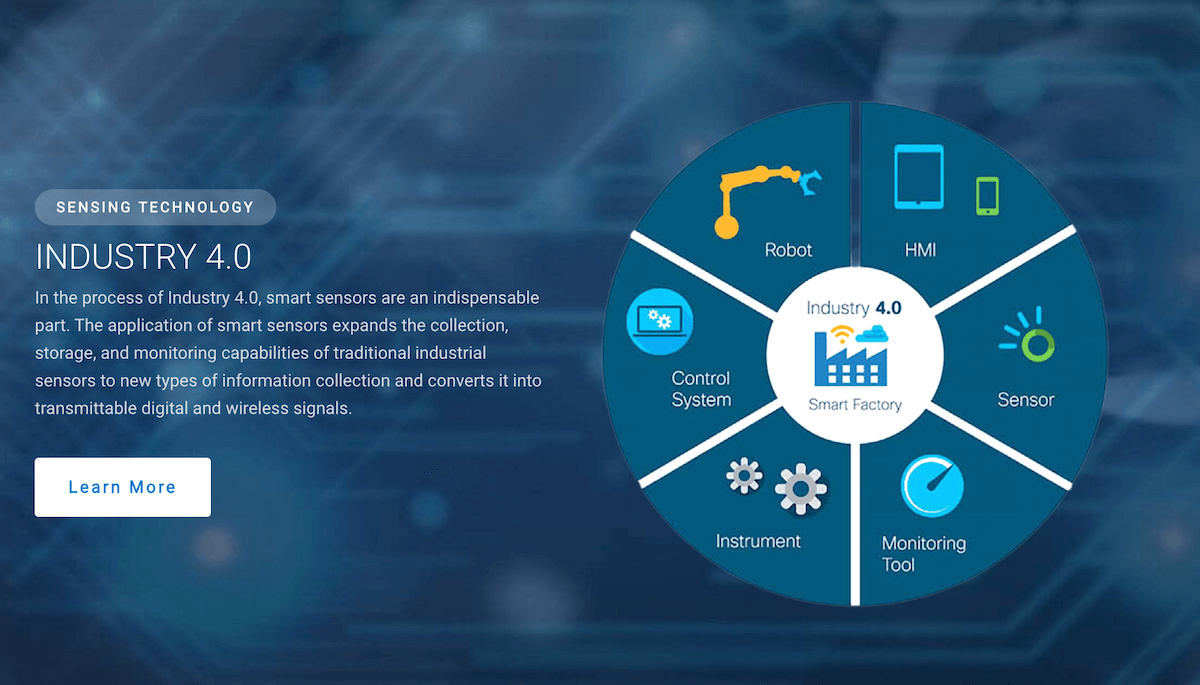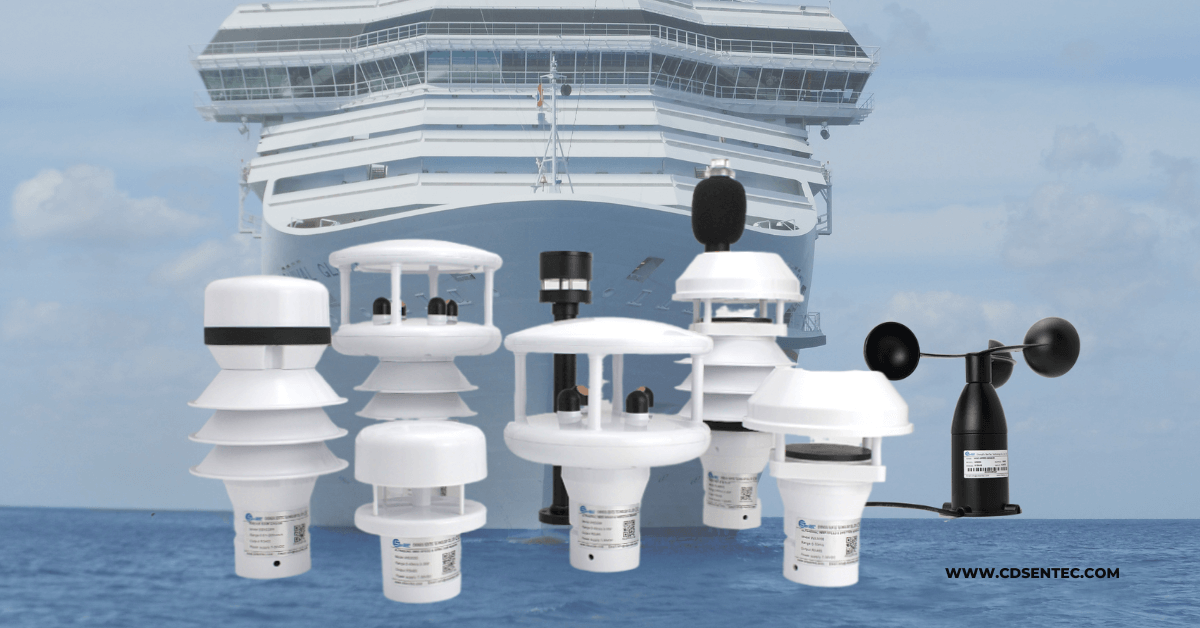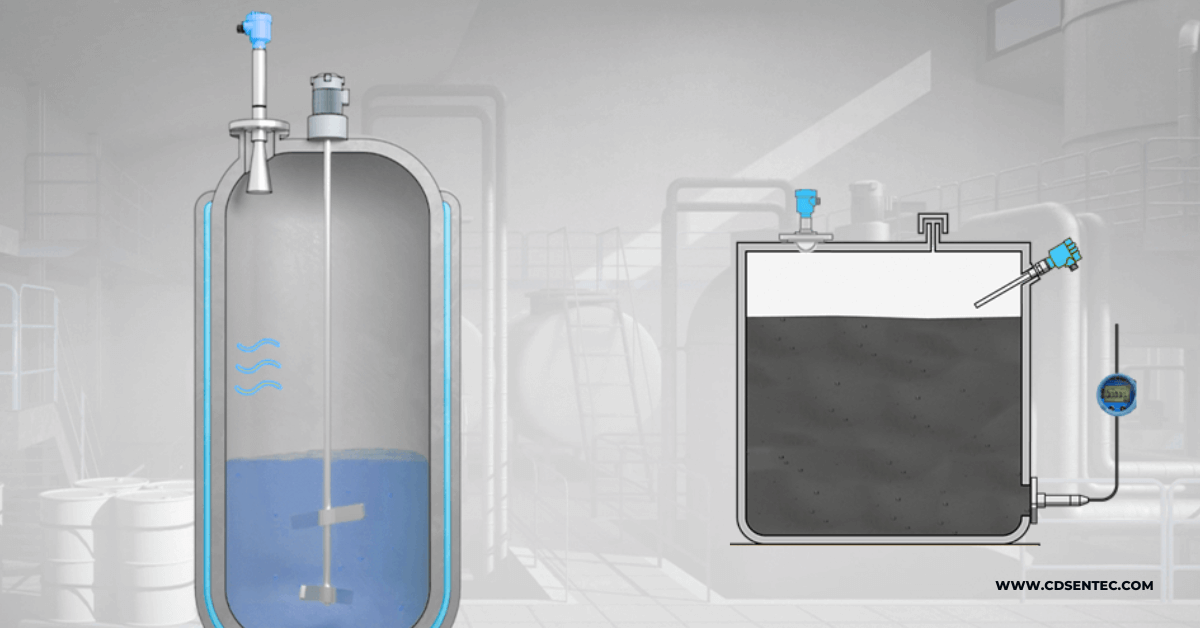Introduction to Pressure Sensor Water Technology
Water management is a complex field that requires precise measurements and efficient control mechanisms. In the heart of these intricate processes, pressure sensor water technology plays a pivotal role. This technology is rapidly evolving, offering new opportunities for more accurate and efficient water management systems. The pressure sensor water technology is not only a valuable tool in managing water resources, but it also contributes significantly to the conservation of this vital element.
The use of pressure sensor water technology is not a new phenomenon. It has been in existence for quite some time, but recent advancements have made it more reliable, accurate, and efficient. The technology involves the use of sensors that detect pressure variations in water bodies, water supply systems, pipelines, and other similar setups. These sensors deliver vital data used to make informed decisions concerning water management.
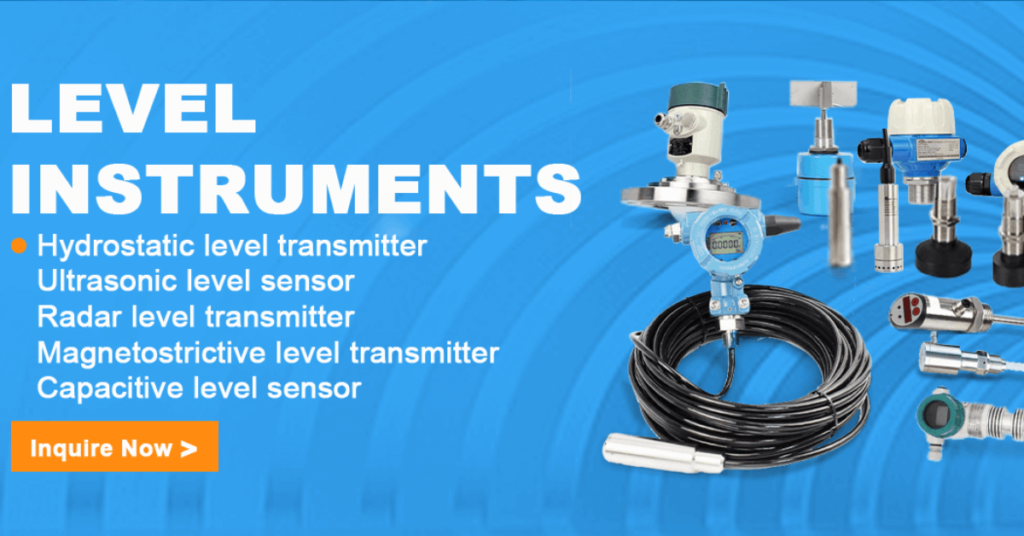
Pressure sensor water technology is diverse, encompassing a wide range of applications. Its uses span across different sectors, including agriculture, industrial processes, domestic water management, and environmental conservation, among others. This versatility highlights the importance of this technology in the current age where efficient water management is a global concern.
Understanding How Pressure Sensors Work in Water Management
Pressure sensors play a crucial role in water management. These devices measure the force exerted by the water on a given surface area. The sensors then convert this physical force into an output signal that can be analyzed to understand various aspects of water management such as flow rate, water level, and pressure in pipes, among others.
The working principle of a pressure sensor for water is based on the fact that pressure and height of a fluid are directly proportional. This means that the higher the water level, the greater the pressure exerted at the bottom. Therefore, by measuring the pressure at a certain point, one can determine the water level at that point.
The pressure sensor water level technology has revolutionized how water levels are measured, especially in larger water bodies and reservoirs. Traditionally, water levels were measured using manual methods that were not only labor-intensive but also prone to inaccuracies. However, with pressure sensor water level technology, water levels can be measured with a high degree of accuracy and in real-time.
The Role of Pressure Sensors in Enhancing Accuracy in Water Level Measurement
The accuracy of water level measurement is of paramount importance in water management. Inaccurate measurements can lead to serious problems such as flooding, water wastage, and even infrastructure damage. Pressure sensors for water level measurement have proven to be reliable tools in enhancing the accuracy of these measurements.
Pressure sensors underwater are designed to withstand the harsh underwater conditions while maintaining their performance. They are built to resist corrosion, abrasion, and other physical damages that could impair their functionality. This robust nature of pressure sensors underwater enhances their reliability, thus improving the accuracy of water level measurements.
Moreover, pressure sensors for water level measurement are equipped with advanced features that boost their accuracy. For instance, some models come with temperature compensation features. Since water pressure can be influenced by temperature changes, these sensors adjust their readings accordingly to ensure they remain accurate despite the temperature variations. This ability to correct themselves in response to environmental changes underscores the efficiency of pressure sensors underwater.
The Efficiency of Pressure Sensors Underwater
While the accuracy of pressure sensors underwater is impressive, their efficiency is equally remarkable. These devices are designed to operate optimally under water, delivering real-time data that drives decision-making in water management. The efficiency of pressure sensors underwater is evident in their response time, energy consumption, and operational longevity.
Most pressure sensors for water provide instantaneous readings, allowing for real-time monitoring of water levels. This real-time data is critical in water management as it facilitates prompt decision-making, thus preventing potential water-related disasters such as flooding or pipeline bursts.
In terms of energy consumption, pressure sensors underwater are designed to be energy-efficient. They consume minimal power, making them ideal for long-term deployment in water bodies. Some models even come with energy-saving features that further enhance their efficiency.
The operational longevity of pressure sensors underwater is another aspect that underscores their efficiency. These devices are built to last, capable of delivering reliable performance over extended periods. This longevity reduces the need for frequent replacements, thus saving on operational costs.
Advantages of Using Water Pressure Sensors in Water Management
The use of water pressure sensors in water management comes with numerous advantages. These devices offer accurate and reliable measurements, real-time data, energy efficiency, and operational longevity. These advantages translate into improved water management practices, cost savings, and environmental conservation.
One of the main advantages of using water pressure sensors is their accuracy. As highlighted earlier, these devices offer precise measurements, which are critical in water management. Accurate data allows for informed decision-making, leading to effective water management strategies.
Real-time data is another significant advantage of using water pressure sensors. These devices provide instant readings, enabling real-time monitoring of water levels. This real-time data allows for prompt responses to changes in water levels, thus preventing potential water-related disasters.
Energy efficiency and operational longevity are other notable advantages of using water pressure sensors. These devices are designed to consume minimal power and offer long-term service. These features result in cost savings in terms of energy consumption and sensor replacement costs.
Different Types of Pressure Sensors for Water: Waterproof, Differential, Digital, and Electronic
There are different types of pressure sensors for water, each designed for specific applications. These include waterproof pressure sensors, differential pressure sensor water, digital water pressure sensors, and electronic water pressure sensors. Each of these types offers unique features and benefits, making them suitable for different water management needs.
Waterproof pressure sensors are designed to withstand water exposure without compromising their performance. These devices are ideal for applications that involve constant water immersion such as water level measurement in reservoirs and tanks.
Differential pressure sensors water measure the difference in pressure between two points. These sensors are often used in pipeline monitoring to detect leaks or blockages. They offer precise measurements, making them ideal for applications that require a high degree of accuracy.
Digital water pressure sensors offer the convenience of digital readouts. These devices provide instant readings, allowing for real-time monitoring of water pressure. They are easy to use and offer reliable performance, making them suitable for a wide range of applications.
Electronic water pressure sensors use electronic components to measure water pressure. These devices offer high accuracy and reliability, making them ideal for applications that require precise measurements. They are also easy to integrate with other systems, making them suitable for complex water management systems.
How to Select the Right Pressure Sensor for Your Water Management Needs
Choosing the right pressure sensor for your water management needs can be a daunting task given the wide range of options available. However, by considering factors such as the type of application, accuracy requirements, environmental conditions, and budget, you can select the right pressure sensor that meets your needs.
The type of application is a key factor to consider when choosing a pressure sensor for water. Different applications require different types of sensors. For instance, if you need to measure water level in a reservoir, a waterproof pressure sensor would be the most suitable. On the other hand, if you need to monitor pressure in a pipeline, a differential pressure sensor would be the ideal choice.
The accuracy requirements of your application should also guide your choice of a pressure sensor. If your application requires high accuracy, consider choosing a sensor that offers a high degree of precision. Conversely, if your application does not require precise measurements, a sensor with a lower accuracy rating may suffice.
Environmental conditions should also be considered when choosing a pressure sensor for water. If your sensor will be exposed to harsh conditions such as high temperatures or corrosive elements, consider choosing a sensor that is designed to withstand such conditions.
Lastly, consider your budget. While it may be tempting to go for the most expensive sensor with the most features, it may not always be the best choice. Consider your needs and choose a sensor that offers the best value for your money.
Where can i get a cheap water pressure sensor ? Contact us now
Real-World Applications of Pressure Sensors in Water Management
Pressure sensors are widely used in various real-world applications in water management. These include flood monitoring, irrigation control, wastewater treatment, and pipeline monitoring.
In flood monitoring, pressure sensors are used to measure water levels in rivers and reservoirs. This data is used to predict potential floods, allowing for timely evacuation and flood mitigation measures.
In irrigation control, pressure sensors are used to monitor water levels in irrigation systems. This data is used to regulate water supply, ensuring optimal irrigation and preventing water wastage.
In wastewater treatment, pressure sensors are used to monitor various processes such as filtration and aeration. This data is used to ensure effective wastewater treatment, thus protecting the environment.
In pipeline monitoring, pressure sensors are used to detect leaks or blockages in water supply systems. This data is used to initiate timely repairs, preventing water wastage and infrastructure damage.
Future Trends in Pressure Sensor Water Technology
The future of pressure sensor water technology looks promising, with several trends shaping its evolution. These include the integration of Internet of Things (IoT) in water management, the use of artificial intelligence (AI) in data analysis, and the development of more robust and efficient sensors.
The integration of IoT in water management is a major trend that is set to revolutionize the use of pressure sensors. With IoT, pressure sensors can communicate with other devices and systems, enabling more efficient water management.
The use of AI in data analysis is another trend that is set to change how pressure sensors are used in water management. With AI, data from pressure sensors can be analyzed more accurately and efficiently, leading to improved decision-making.
Lastly, the development of more robust and efficient sensors is a trend that is expected to continue. As technology advances, pressure sensors are expected to become more reliable, accurate, and energy-efficient.
Conclusion
In conclusion, pressure sensor water technology is a critical tool in modern water management. It offers accurate and real-time data, which is essential in making informed decisions in water management. With the different types of pressure sensors available, it is possible to find a device that meets your specific water management needs. As technology continues to advance, the future of pressure sensor water technology looks promising, with trends such as IoT integration, AI data analysis, and the development of more robust sensors shaping its evolution. Therefore, embracing pressure sensor water technology is not only a step towards efficient water management but also a step towards sustainable water conservation.

